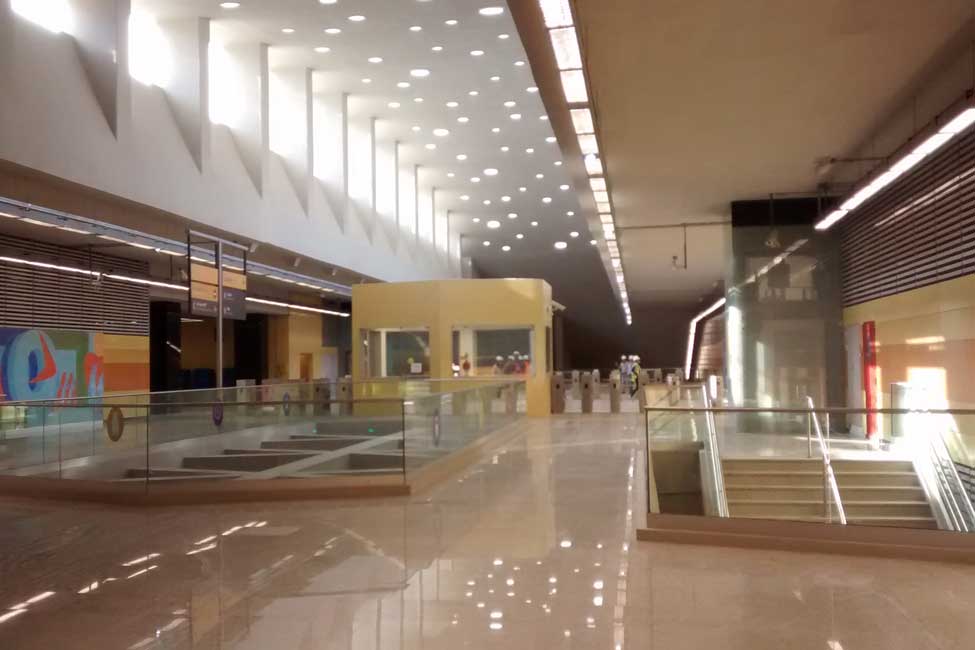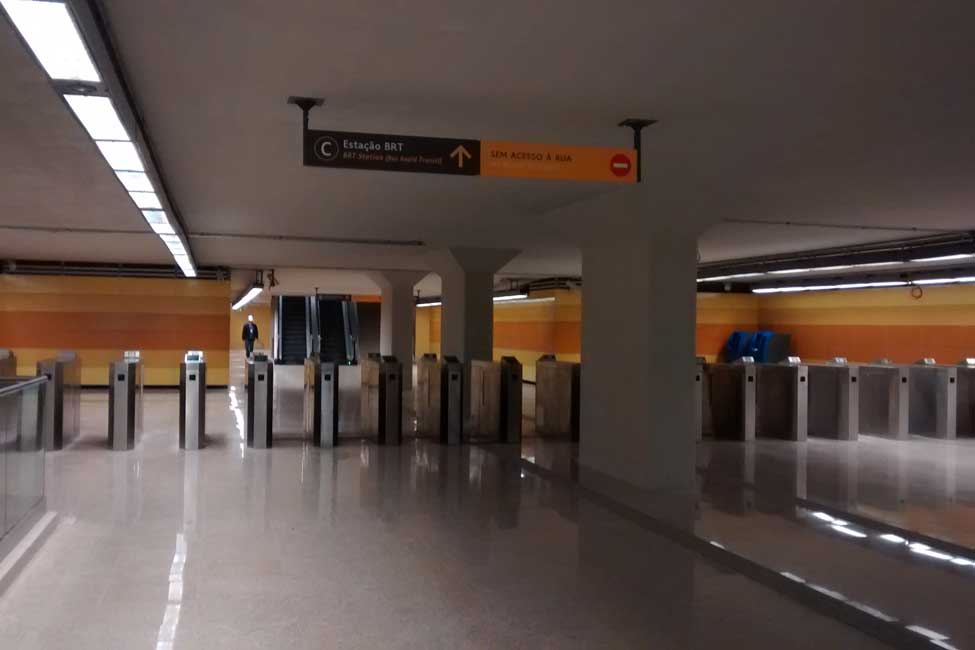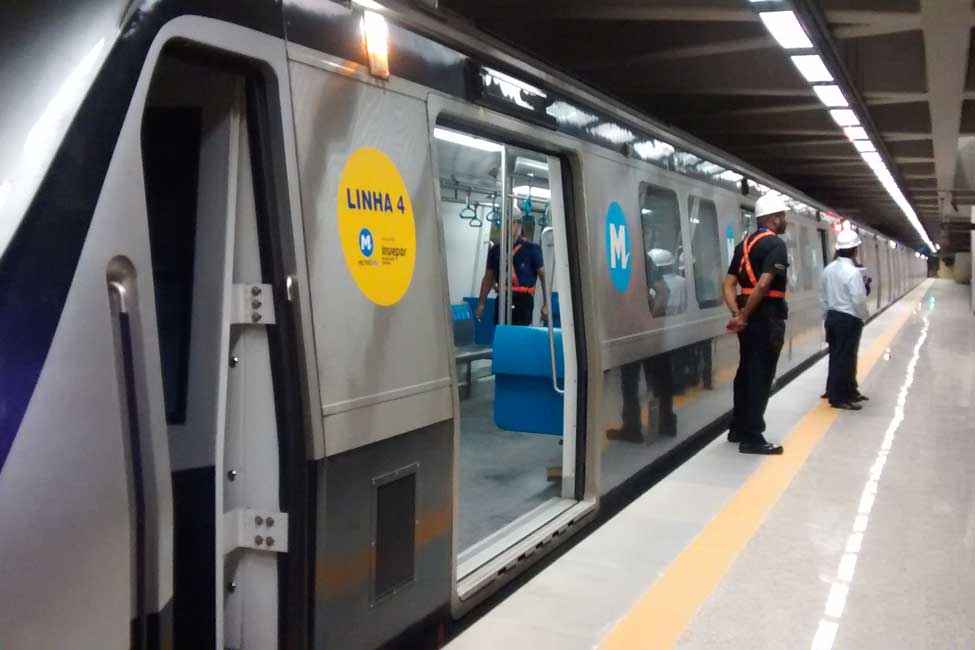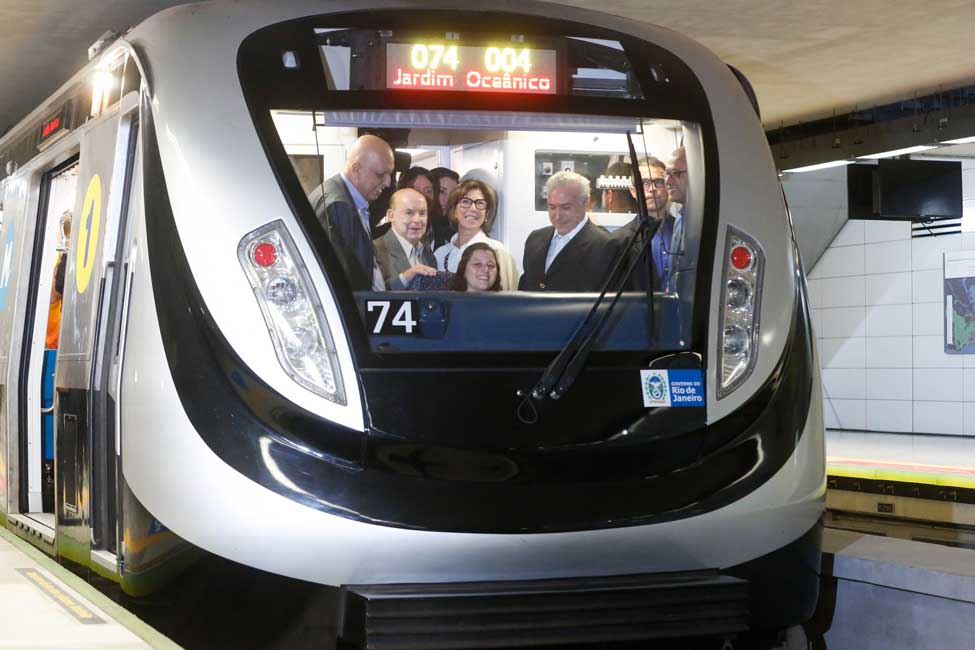Brazil has hosted some major international sports events in recent years. With thousands of people attending these events, the country needed a more versatile rail network to accommodate the influx of visitors. In spring 2014, Brazil hosted the FIFA World Cup, with cities throughout the country hosting games. International attention again turned to Rio in 2016 for the Olympic Games—the first to take place in South America. Bechtel has worked with the country to bolster its infrastructure for these events, and, longer term, to meet the transport needs of the growing population.
Image Gallery
Meeting critical deadlines
The new MetrôRio line, Line 4, opened in August 2016, in time for the Olympics. It comprises nearly 10 miles (16km) of underground metro rail with six new stations, and joins existing Lines 1 and 2.
300,000 passengers a dayLine 4 will ultimately have the capacity to carry up to 300,000 passengers a day, running between Ipanema and Barra da Tijuca, where the Olympic Park is located.
This high profile project builds on Bechtel’s previous work for MetrôRio, providing project management services, systems integration, and new car commissioning support services for the MetrôRio system. Since 2011, Bechtel has worked with MetrôRio to prepare Rio’s metro system to meet the needs of the city’s growing population.
Bechtel provided project management in partnership with a leading Brazilian engineering firm, Promon Engenharia, to oversee the systems and operations integration of Line 4. In our first assignment, our responsibilities included integrating 19 new trains into the MetrôRio, which serves the Maracanã Station, adjacent to the legendary Estádio do Maracanã football ground. The new line links the southern and western sectors of the city, easing traffic congestion, and improving quality of life by reducing rail journey times across the city.
Significant features
- Nearly 10 miles (16 km) of tunnels
- Capacity of 300,000 passengers a day
- Interconnection with Line 1 of MetroRio
- 6 new stations
- 15 new trains
- Enhanced maintenance center (depot) and operation control center.





